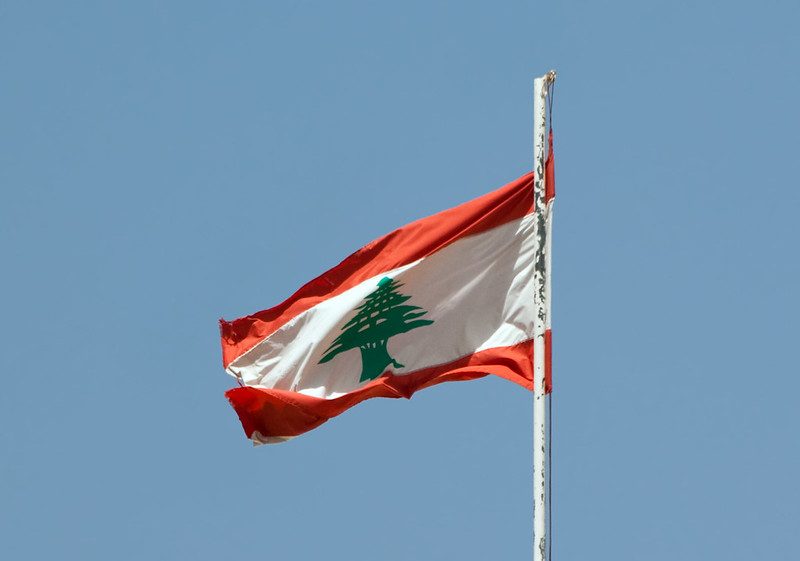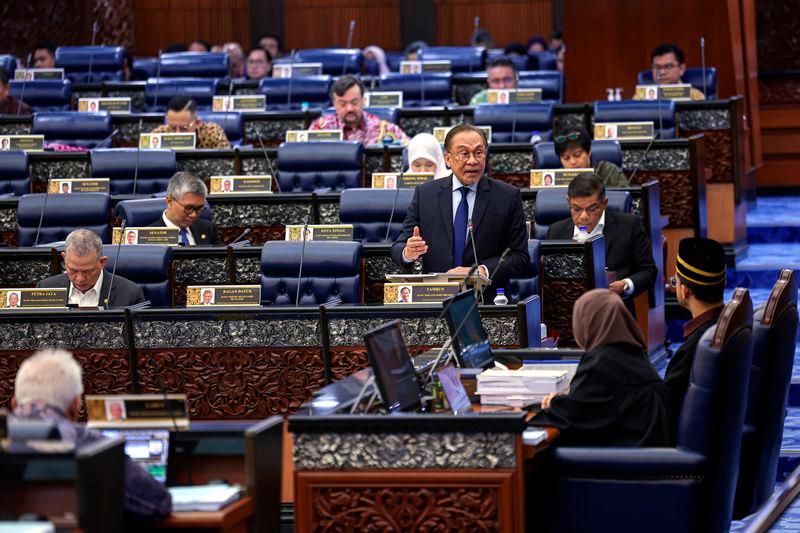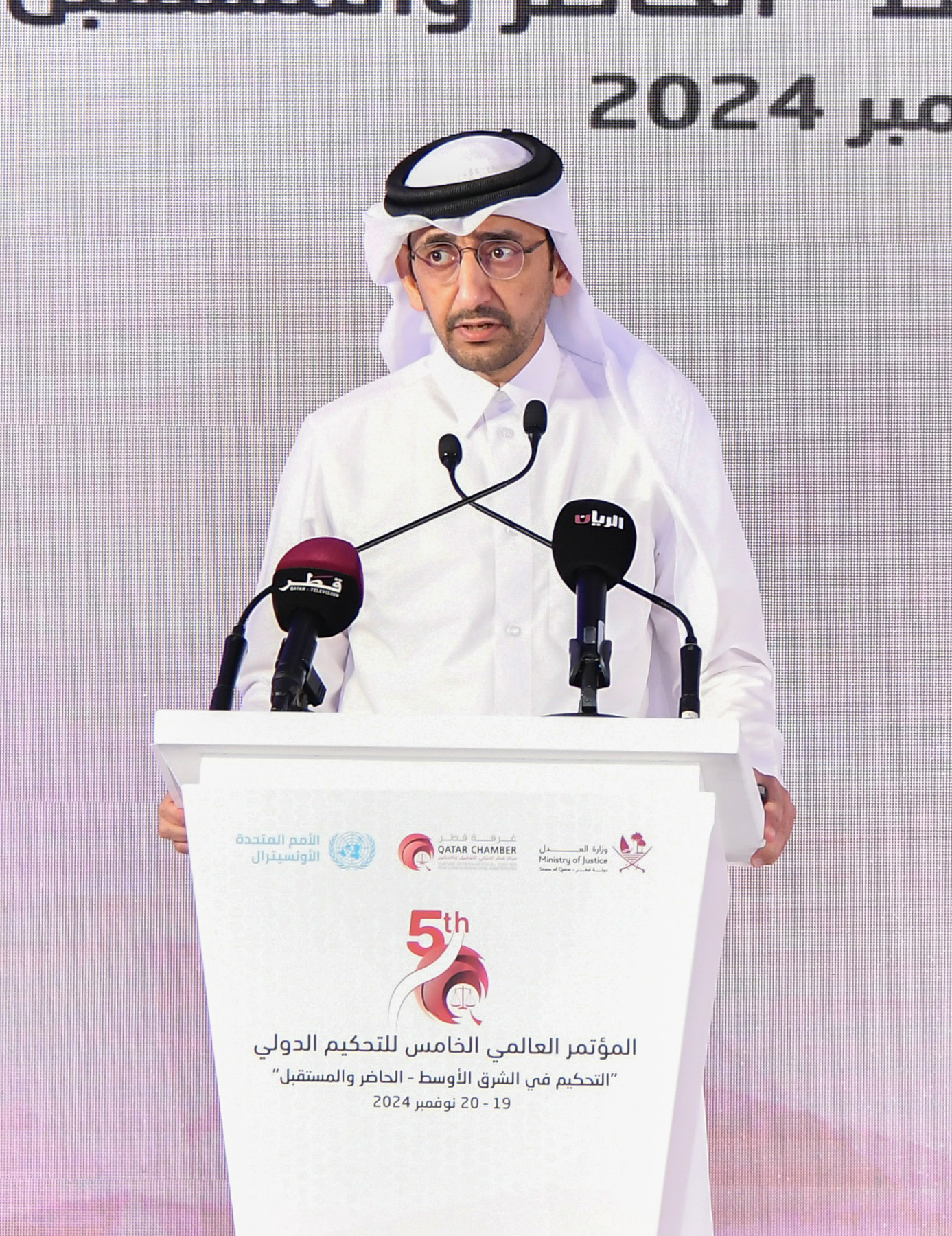The border demarcation issue dates back to 2007, when Lebanon and Cyprus signed an agreement to delimit their maritime border.
Beirut reportedly discussed with Doha the Lebanon-Israel maritime border demarcation issue on Monday amid ongoing US mediation to end the years-long dispute.
According to Lebanon’s media outlet Naharnet, the discussions took place in Beirut between Qatar’s Ambassador to Lebanon Ibrahim Al Sahlawi and Lebanon’s Deputy Speaker Elias Bou Saab.
No further details on discussions over the border dispute was published by Qatari or Lebanese media.
Meanwhile, Qatar’s Amir Sheikh Tamim bin Hamad Al Thani received a written message from Lebanese President Michel Aoun over “bilateral relations between the two countries and ways to develop and promote them.”
According to Qatar’s state news agency (QNA), the message was delivered by Lebanon’s Minister of Information Ziad Al Makari and Minister of Tourism Walid Nassar during their visit to Doha on Monday.
However, there was no mention of the border demarcation file.
The dispute came to light in June this year after Israeli-contracted Energean Power vessel arrived at the disputed maritime border to develop its Karish gas field. This comes as Israel aims to increase its gas production in light of a global energy crisis to support its European allies.
Fearing regional escalations between Beirut and Tel Aviv, the US stepped in again last month to mediate between both sides.
According to AFP, US envoy Amos Hochstein returned to the mediation table after stalled negotiations over the issue in 2020.
Last month, Hezbollah warned of a military escalation in response to the Israeli ship’s violation of its maritime territories. The movement vowed to prevent Israel from extracting hydrocarbons if it does not allow Lebanon to do so.
There have already been rising tensions between Hezbollah and the Zionist state, with the Israeli military shooting down three unarmed drones belonging to the group over the Karish gas field last month.
History of dispute
The border demarcation issue dates back to 2007, when Lebanon and Cyprus signed an agreement to delimit their maritime border. However, Lebanon never ratified the agreement, which makes it non-binding.
Israel and Cyprus then signed in 2010 an agreement over the same zones mentioned in the agreement signed by Beirut and Nicosia. Unlike Cyprus, Lebanon has no diplomatic ties with Israel and refuses to normalise with the Zionist state.
The occupying state of Israel had also waged war on Lebanon.
During Lebanon’s 1975-1990 civil war, Israel launched cross-border strikes on the country and occupied the south for 22 years until 2000.
Then in 2006, Israel launched military operations against Lebanon for 34-days, with Hezbollah forcing the Israeli forces out.
In 2017, Lebanon inked a gas exploration and production agreement with various companies, including France’s Total.
The agreement triggered the border crisis to resurface as the French company refused to begin operations on Block 9 – situated in the disputed zone – until the maritime issue was resolved.
Lebanon is currently in need of gas as it grapples with a worsening socio-economic situation that was made worse by the Covid-19 outbreak and 2020 Beirut Blast. The population has limited electricity access with long lines of cars stretched outside gas stations becoming a norm.
In 2011, then-US envoy mediator between Beirut and Tel Aviv Frederic Hof presented a compromise to former Lebanese Prime Minister Najib Mikati to give Lebanon 55% of the area and the remaining 45% to Israel.
During the same year, Lebanon issued Decree 6433 to the UN to claim Line 23, which does not fall on the Karish field. To date, Israel maintains that the field is in its economic zone.
Following studies by the UK Hydrographic Office and Lebanese Army, Lebanon found it can claim an additional 1,430 square km of the area, known as Line 29.
This called for the amendment of the decree, approved last year by former caretaker Prime Minister Hasan Diab. To date, Aoun has not signed the amended document, facing criticism by Lebanese officials for not revisiting the claim.







